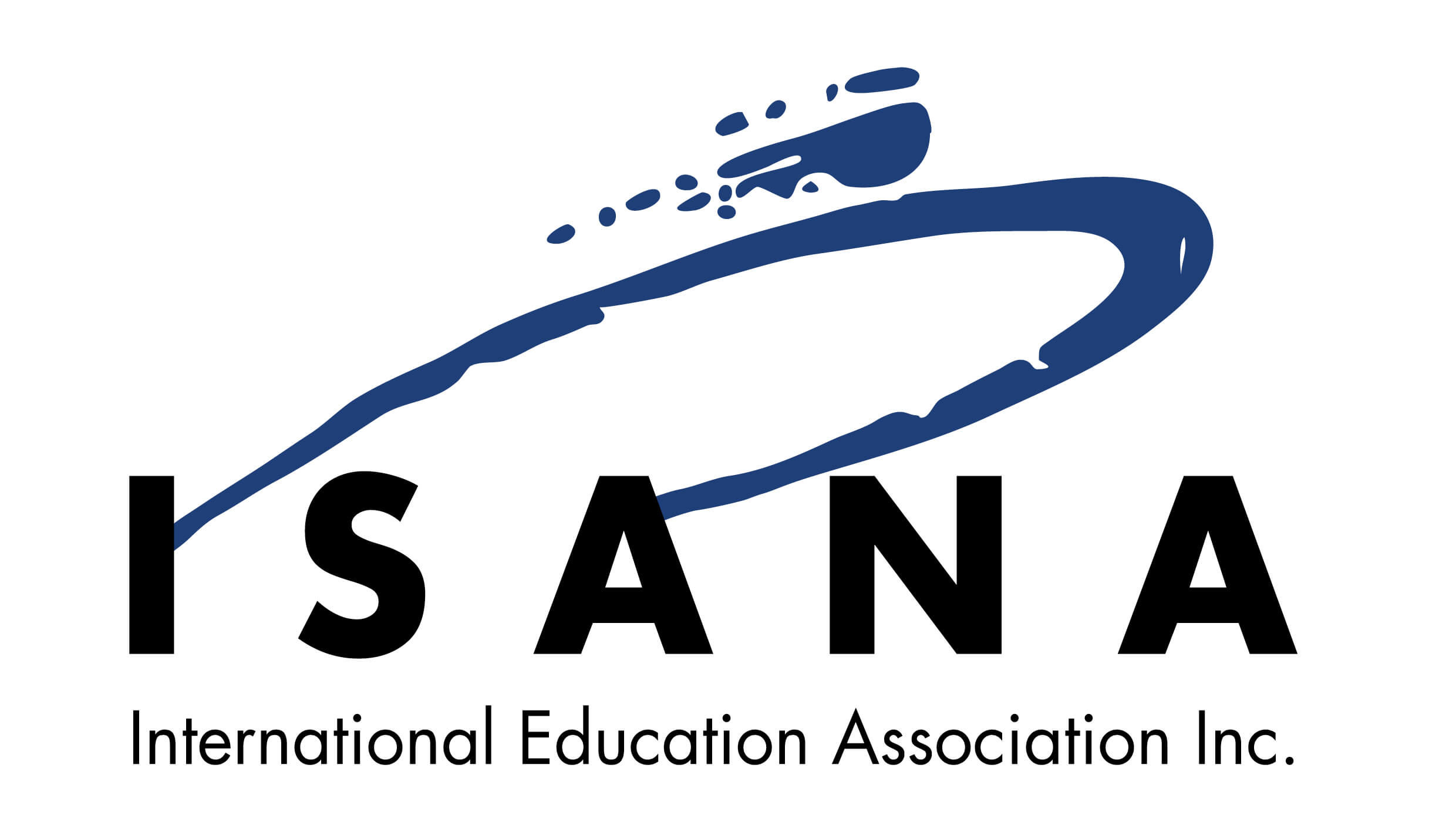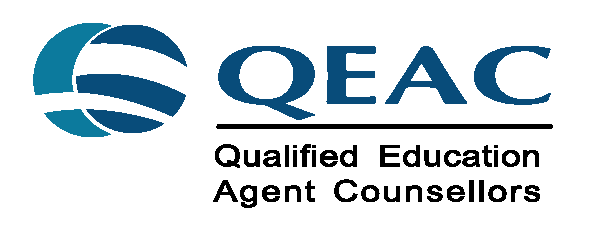Your Future Our Responsibility
Improve your prospects for the future with the help of our extensive professional and educational resources. We will be here to back you up no matter how far you want to go in school, how high you want to go in your job, or how far you want to aim for the stars.



















